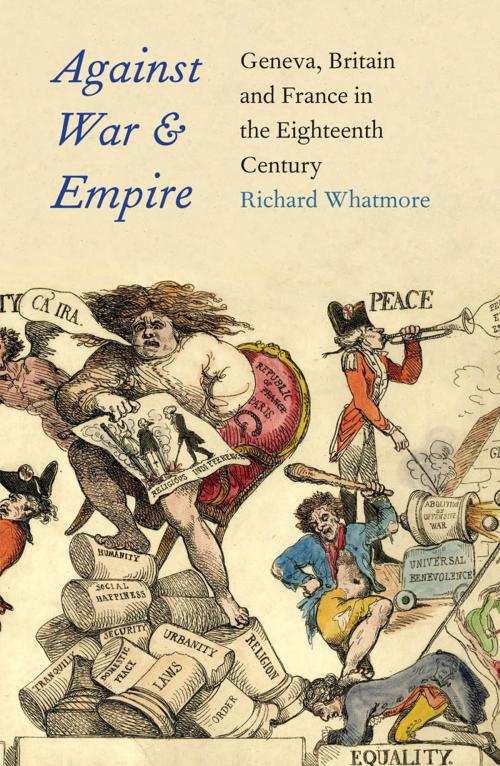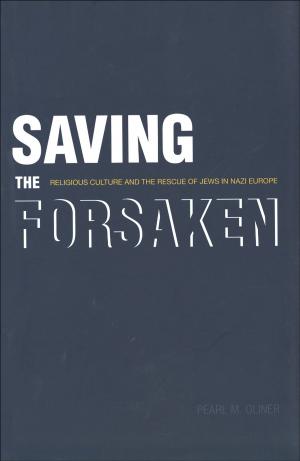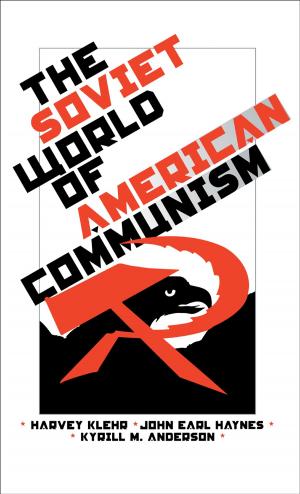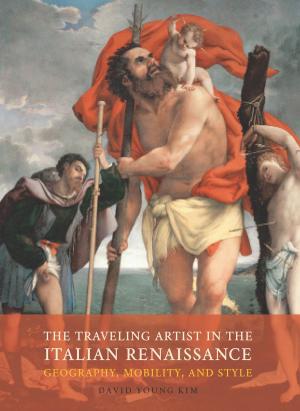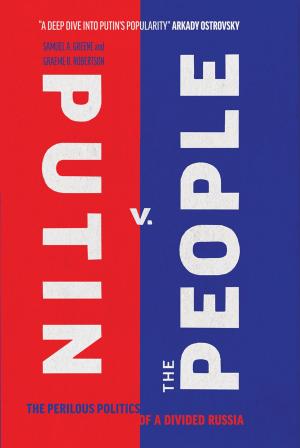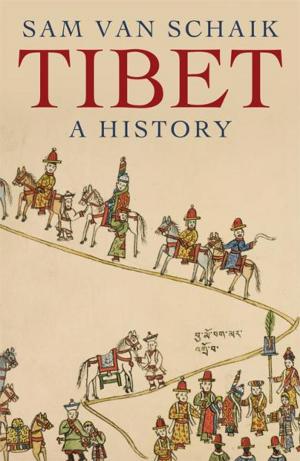Against War and Empire
Geneva, Britain, and France in the Eighteenth Century
Nonfiction, History, Modern, 18th Century, Social & Cultural Studies, Political Science, International, International Relations, European General| Author: | Richard Whatmore | ISBN: | 9780300183573 |
| Publisher: | Yale University Press | Publication: | July 31, 2012 |
| Imprint: | Yale University Press | Language: | English |
| Author: | Richard Whatmore |
| ISBN: | 9780300183573 |
| Publisher: | Yale University Press |
| Publication: | July 31, 2012 |
| Imprint: | Yale University Press |
| Language: | English |
As Britain and France became more powerful during the eighteenth century, small states such as Geneva could no longer stand militarily against these commercial monarchies. Furthermore, many Genevans felt that they were being drawn into a corrupt commercial world dominated by amoral aristocrats dedicated to the unprincipled pursuit of wealth. In this book Richard Whatmore presents an intellectual history of republicans who strove to ensure Geneva’s survival as an independent state. Whatmore shows how the Genevan republicans grappled with the ideas of Rousseau, Voltaire, Bentham, and others in seeking to make modern Europe safe for small states, by vanquishing the threats presented by war and by empire. The Genevan attempt to moralize the commercial world, and align national self-interest with perpetual peace and the abandonment of empire, had implications for the French Revolution, the British Empire, and the identity of modern Europe.
As Britain and France became more powerful during the eighteenth century, small states such as Geneva could no longer stand militarily against these commercial monarchies. Furthermore, many Genevans felt that they were being drawn into a corrupt commercial world dominated by amoral aristocrats dedicated to the unprincipled pursuit of wealth. In this book Richard Whatmore presents an intellectual history of republicans who strove to ensure Geneva’s survival as an independent state. Whatmore shows how the Genevan republicans grappled with the ideas of Rousseau, Voltaire, Bentham, and others in seeking to make modern Europe safe for small states, by vanquishing the threats presented by war and by empire. The Genevan attempt to moralize the commercial world, and align national self-interest with perpetual peace and the abandonment of empire, had implications for the French Revolution, the British Empire, and the identity of modern Europe.
